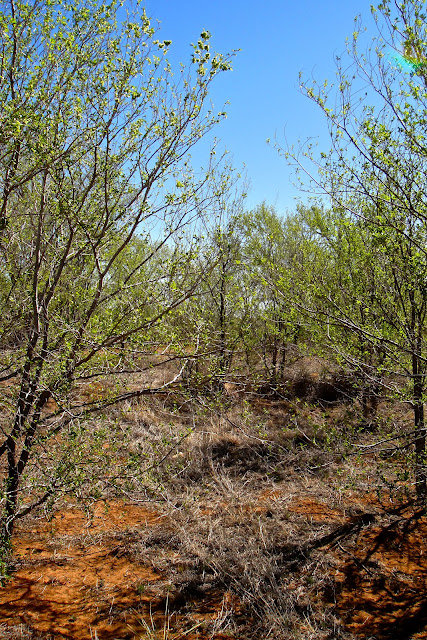Yesterday I bid adieu to daylight amongst a nonstop cacophony of whistles and squeals in our white-blossomed pear tree tops. Today I awaken to rapid-fire, rattling bird chatter with a few whistles and squeals thrown in for good measure. Pray tell, you might ask, who are the avian perpetrators of such ear-splitting vocalizations.
I slip into the back yard to find a raucous confrontation between two iridescent black Great-tailed Grackles. Each wants to claim our trees as their breeding territory. They posture with displays of ruffled feathers, fan out their long tails, and stretch necks and beaks skyward. One hundred years ago the northern range of these grackles barely reached Southern Texas. Today they’re found year round as far east as the Mississippi, north into Nebraska, and west into California. Irrigation agriculture and abundance of roost trees provided by urban sprawl make quiscalus mexicanus the fastest-expanding bird species in America.
Cooper and I look for deliverance from the clamor. We escape into the prairie. Our raw and rugged mistress doesn’t disappoint. She welcomes our sojourn with Western Meadow Lark song, emerging carpets of Red Stem Filaree, and the first splashes of leaves on Siberian Elms. But, treacherous resurrections of Plains Prickly Pear Cacti are also on her agenda. These opuntiads raise spine-studded pads from prostrate winter slumber akin to Lazarus returning from the dead.
With our high-paced trek in 68º F morning airs come the first rivulets of sweat seeping between brow and cowboy hat. I savor the sensation. Cooper reverts to Summer behavior of pausing for a breather in the sparse shade of lone prairie trees, even cholla. I must stay vigilant despite the allure of the environment. Any day now, the warming weather will stir reptiles from their lethargic dormant states.
© Ilija Lukić 2012
 |
| Great-Tailed Grackle |
 |
| Quiscalus Mexicanus |
 |
| Territorial Ruff-Out Display |
 |
| Eyeing The Competitor |
.jpg) |
| Lazarus Syndrome (opuntia macrorhiza) |
.jpg) |
| Stork's Bill (erodium cicutarium) |
.jpg) |
| Purple Haze (Red Stem Filaree) |
.jpg) |
| Shade Of The Old Elm Tree (Cooper) |
.jpg) |
First Leaves (Siberian Elm)
|




.jpg)
.jpg)
.jpg)
.jpg)
.jpg)
No comments:
Post a Comment